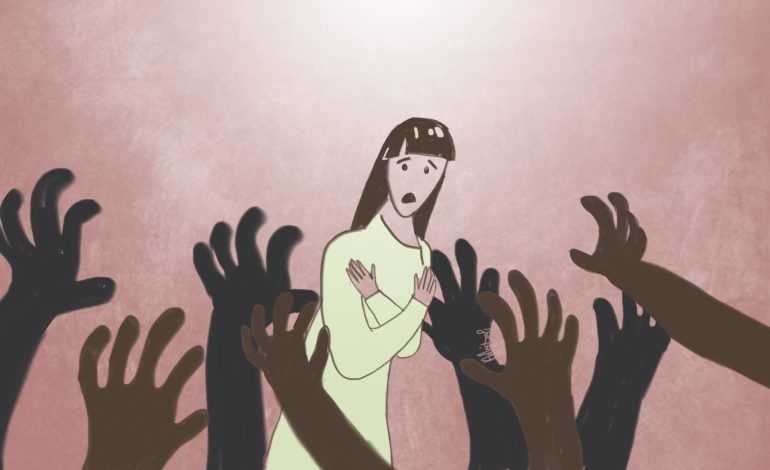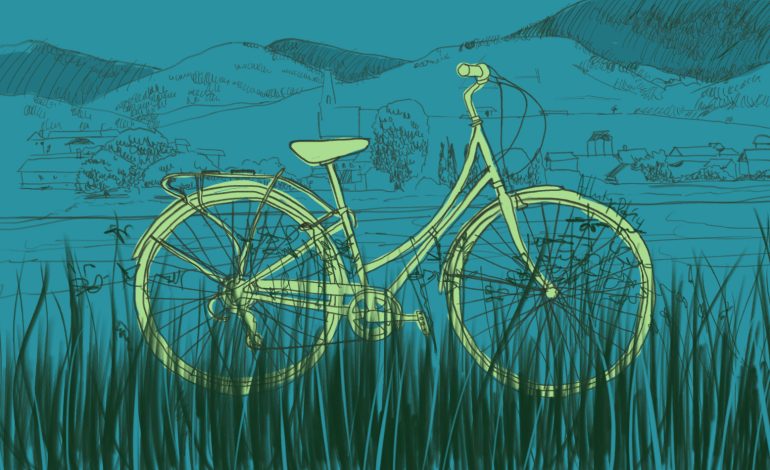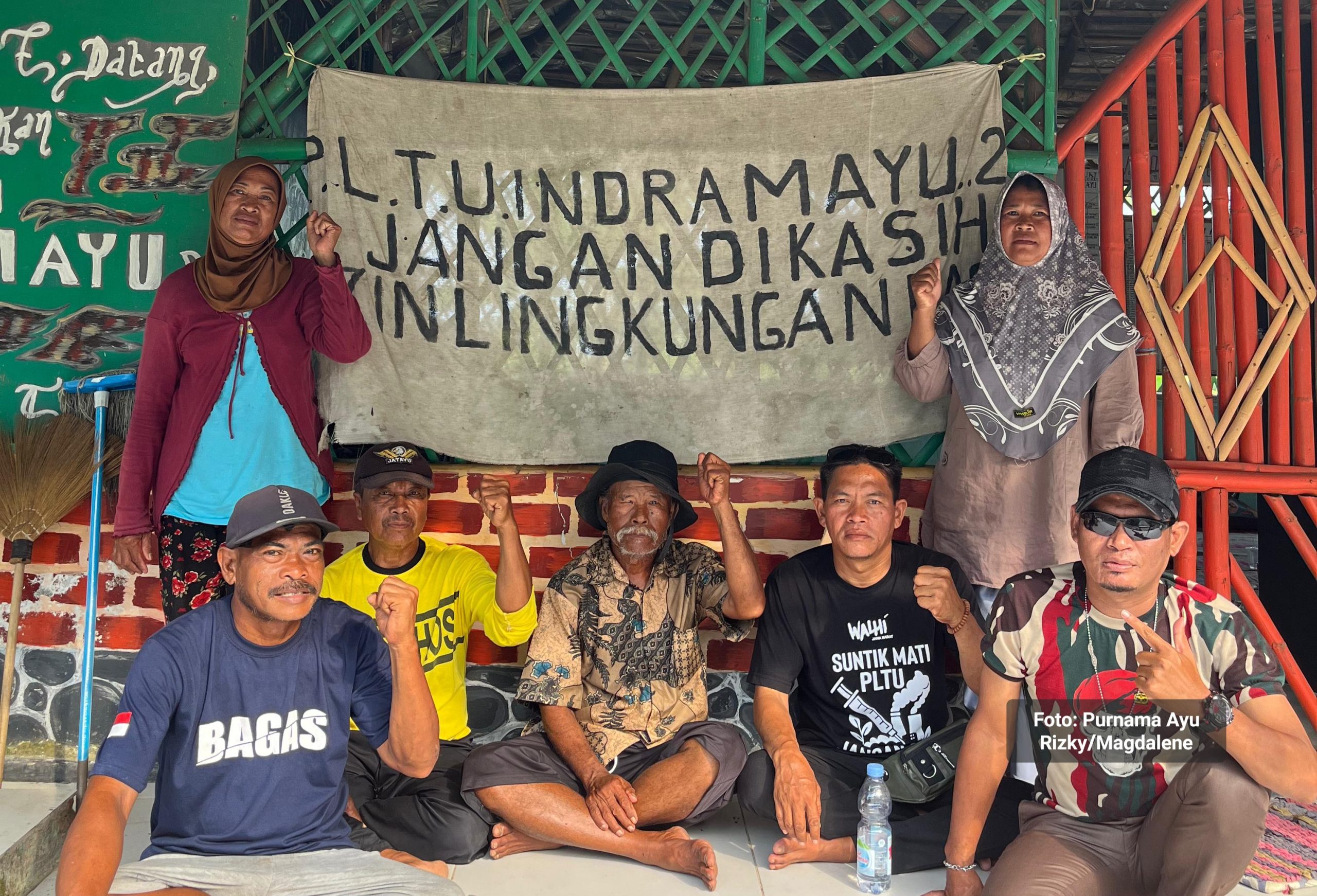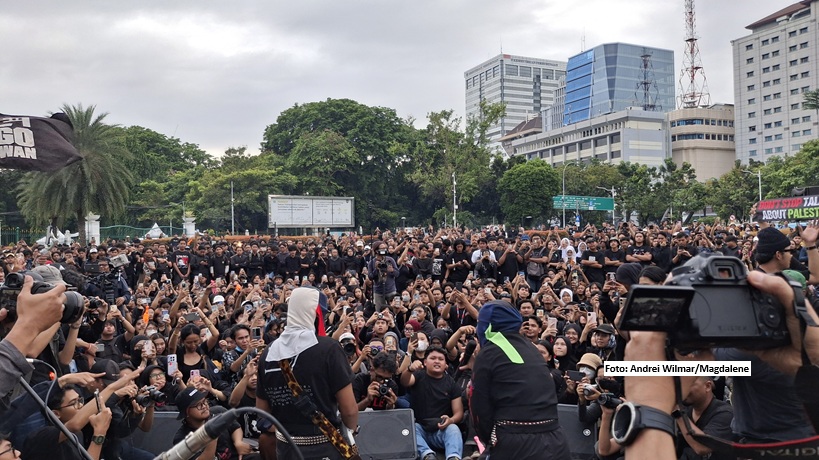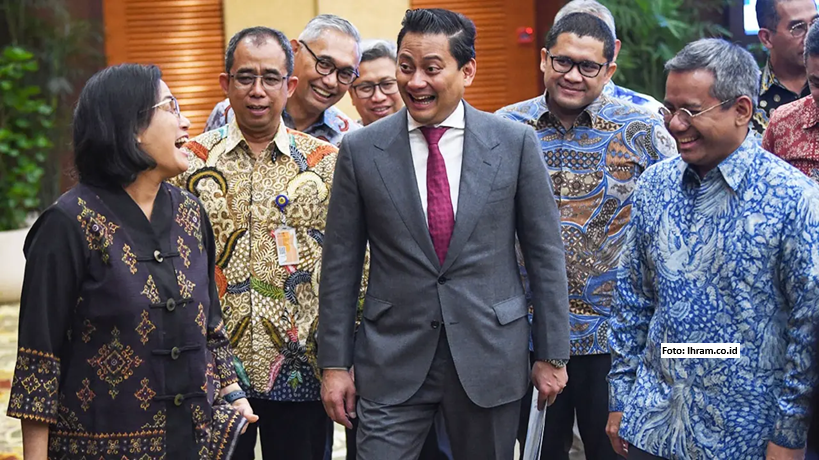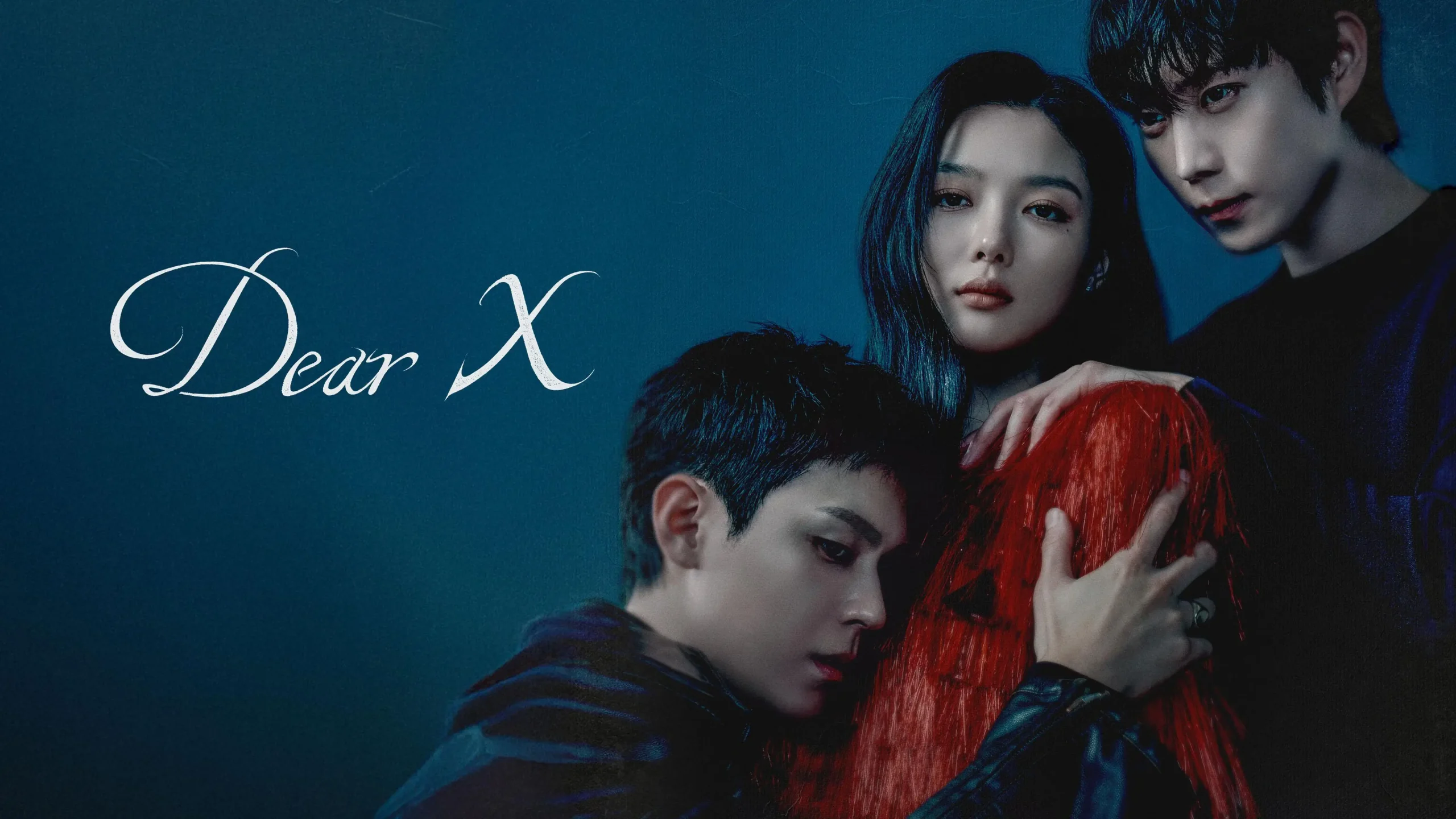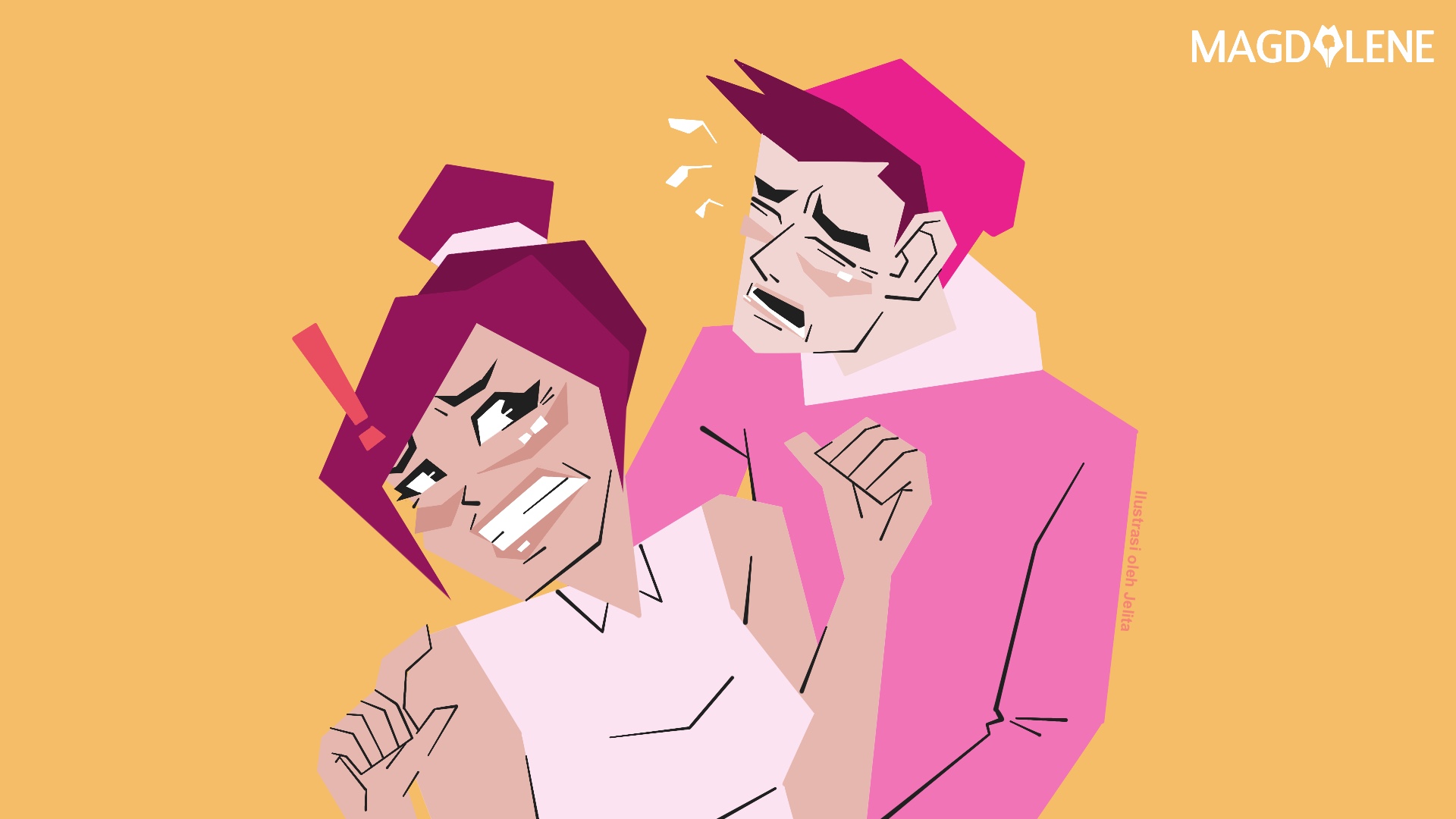In the Land Where Everyone’s God: Interview with Musdah Mulia

Muslim scholar Siti Musdah Mulia is a controversial figure, if being controversial means adhering to moderate religious teaching and relentlessly promoting pluralism and gender equality.
The Islamic jurisprudence professor has irked many conservative Muslims for her boldness in criticizing some aspects of Islam considered sacred. These include her view on hijab (“it’s just fashion, a personal decision, but there’s no directive demanding it”), although she herself wears it out of habit; her progressive view on gender role; and her LGBT-friendly perspective.
Born in Bone, South Sulawesi in 1958, Musdah is the first Indonesian woman to hold a PhD in the field of Islamic political thinking from Syarif Hidayatullah State Islamic University in Jakarta.
She has written a number of books on contemporary Islam, Islamic public policy, gender equality and polygamy. Musdah has received the prestigious Yap Thiam Hien Award for national human rights activist in 2008, thanks to her bravery in promoting Islam as a peaceful community that upholds dialog and inclusiveness.
The mother of three was the director of religious research and social affairs at the Ministry of Religious Affairs. She is currently the director of the Indonesian Conference on Religion and Peace (ICRP) and the director of Megawati Institute, former president Megawati Soekarnoputri’s think tank.
Magdalene recently sat down with her to talk about the growing religious conservatism in the country, and below is excerpts from the interview.
Magdalene: Forgive my ignorance, I didn’t even know that there was a Megawati Institute. What does it focus on?
Musdah Mulia: We have Sekolah Pemikiran Pendiri Bangsa (SPPB – School of the Thoughts of Nation’s Founders), which is aimed to sow the ideas of the nation’s founders that are still very relevant. For four months students are introduced to the ideas of Soekarno, Mohamad Hatta and Budi Utomo to Tan Malaka and Kartini.
I feel sad that people are not familiar with their thoughts and ideas. Tan Malaka is a brilliant thinker but he’s only known as a leftist. People refuse to read comprehensively. They only read in pieces and bits and sometimes see them outside the context. Often they consider the ideas dangerous, instead of getting the right message.
I want the students to really learn the ideas and be able to provide arguments, whether they agree or not, and they are encouraged to write. The course is for students aged 17 to 24. They come from universities across the country. The teachers are mostly historians, who really understand the ideas of the thinkers. This course is free.
Were you involved in (Presiden-elect) Joko “Jokowi” Widodo’s team during the election?
Yes, I was in the team of experts, formulating the vision, mission, speeches, and materials for the presidential debates, etc. I give inputs about religion. When people found out I was in the team, I was bullied. People don’t seem to be fond of me (laugh). I was accused of legalizing communism, fighting for the elimination of religion status on ID card. The smear campaign was so evil. I think we need to write a book about the effectiveness of smear campaign. We have to make people aware to not be gullible with propaganda because it is not only blasphemy, but also character assassination.
People believed in the religious issues brought up in the widespread smear campaign. Why is that?
I really believe that most of us don’t really understand about religion. Most of people’s knowledge comes from verbal explanation. It is rare that people understand religion because they read the sources themselves.
I learned about religion systematically from authentic and authoritative sources. But most people only learned from their ustad (religious teachers), and they believe that the knowledge is absolute.
Secondly, our education system does not emphasize on critical thinking. Education must sharpen critical thinking. When learning, even about religion, one must use reason, otherwise it would be wasted. We would accept everything as dogma, instead of something that results from our critical understanding.
Religious teaching is based on fear, whereas God is the Most Loving, Most Merciful, Most Beneficent, as stated in the phrase Muslims say everyday, ‘Bismillaahirrahmanirrahim’. These characteristics cited should be rooted first in us, so there would be no stigma and prejudice. Before we become suspicious of other people, we should accept them for what they are. But religion seems to spread horror, fear, and sometimes they are baseless and unreasonable.

I know for a fact that during the election, a number of mosques asked their congregations not to vote for Jokowi, because if he’s elected as president, Jakarta would have a Chinese Christian governor.
In many places – I happen to oversee a religious school in Klender, East Jakarta – a group of people came and preached, asked them not to vote for Jokowi because he was a member of the Communist Party (the disbanded PKI). I sometimes ask, what do you think PKI is? They said, they didn’t know. Many people are confused as to what PKI really is.
I told people at the religious schools that many PKI members were Muslims and even ulemas. It had nothing to do with the organization or atheism.
But in Islam, what is the rule of being led by non-Muslims?
There is no such rule. I have an authoritative book written by Ibn Taymiyyah, a really well known Middle Eastern scholar back in 13th-14th century. He said, being led by a fair king even though he is non-Muslim is far better than being led by an unjust Muslim king.
There is no rule that a leader must be Muslim, but the belief (that Muslims should be led by a Muslim) is entrenched deeply. My concern is how many people still understand religion in a very conservative point of view. This issue should be addressed by the government. The government should push for the dissemination of moderate thoughts, not just in Islam but also in other religions, that are compatible with democracy values. That’s the job of the state. But there have been no serious efforts from the government on this.
The government should encourage religious point of views that are democratic, peaceful and that appreciate diversity. Narrow-minded understanding that creates conflict and horror can be gradually eliminated. Unfortunately, the government let it all happens. They should take a strong stand against efforts to desacralize the state ideology Pancasila, including religious teachings.
I’m often confused. Our society is not stupid, but when it comes to religion, they refuse to use reason. Even those intellectuals and professors, whose religious point of views, I think, are naïve. Religious knowledge should be treated the same way as any other knowledge – we must use our critical minds. Maybe because we understand religion as dogma, since we are little, while the teachings must also be criticized especially if there’s something unreasonable.
Why is our society becoming increasingly conservative?
First, it’s a global phenomenon, due to the injustice suffered by Islamic countries as the results of double standards imposed by democratic countries including the US. This is unfortunate for countries that are in transition to democracy.
Second, democracy should be identical with people’s prosperity and social justice. When there’s no justice and prosperity, in addition to gaps and prevailing corruption, people are questioning whether democracy is like that.
If it’s the question of prosperity, why has the middle class grown conservative as well?
The middle upper class only looks for safety. I don’t have any other explanation. They think it would be more harmful to be moderate, so they go with the flow. They should be in a position to say that there is no place for fundamentalism and radicalism anywhere, whatever the risk is.
Young people are conservative because conservative teaching has penetrated the education system since preschool. General school is now more conservative than religious school, through religious extracurricular (Rohis). They’re scarier than religious-based schools.
In Indonesia, Wahabi (radical religious movement) moves and grows freely. President Susilo Bambang Yudhoyono even officiated the first Wahabi school in Solo called Majelis Tafsir Al Quran (MTA). This Wahabi group from Saudi Arabia is smart. They wanted to establish university but didn’t open a new one. They formed a joint venture with local institutions whose growth is stagnant by offering big money. Who would refuse?
I don’t understand where domestic and foreign politics in the country are going. Various groups tend to choose Wahabi over Iran, for example. Because Iran follows Shiite school of thought while Wahabi is from Saudi. Saudi is a capitalistic, hedonistic country, and they keep Wahabi groups to avoid demonstration and democratic thoughts, to easily control the people. In Indonesia, what good is that for? Maybe for control as well.
What makes Indonesians so hostile against Shiite?
The Shia in Indonesia is the traditional kind. If we’re to be honest, Islam was brought to Indonesia by Gujjarat traders from India, and it’s from the Shiite school of thought. A lot of Islamic traditions held and celebrated in Indonesia came from the Shiite tradition, such as celebrating the Prophet’s birth (Maulid Nabi). The difference between the Shia in Indonesia and in Iran is that there is no political element of it in here. People don’t even understand Shiite tradition. Shia in Iran has the tradition of Imam, here there is none.
The hatred against Shiite is spread by Wahabi groups that hate Shia. From a number of researches in Indonesia, the growing existence of Wahabi in Indonesia created the anti-Shia, anti-Ahmadiyah and anti-liberal groups stances. The more the government protects Wahabi, the more intolerant we’ll become. I heard that the government allows this group to grow so that the society will not be too liberal, so that the government could easily “play” with people.
Fundamentally, is there any difference in terms of teaching between Shia and Sunni?
Essentially, there is no difference. They worship Allah and they have the same Prophet, Muhammad.
People easily accuse people of being Shiite, such as (ulema and Muslim scholar) Quraish Shihab. Many people are not familiar with his expertise, they don’t know Pak Quraish but they attack him. Some of the attackers just graduated from schools. That’s ridiculous.
Pak Quraish is one of the ulemas that are often attacked by conservative groups.
Yes, one of them is because of his views about hijab. He said, ‘I’ve never said that hijab is haram (forbidden), no. I just want to say that hijab is a tradition of Arabic culture.” It is a tradition. If you want to wear it, go ahead, if not, then don’t. Pak Quraish said that many ulemas were angered by his view, but he felt that he had to tell the truth.
For me, hijab is more of a habit, because I grew up in a religious school. I never force my daughters or sisters to wear it.
The government should champion a moderate perspective. We should look at other Islamic countries, and not making Saudi Arabia as a role model. In Turkey, imam and khatib (preacher) have to go to special schools. There are standards. The schools teach moderate point of views, so the society is moderate, even though the current president is a bit conservative.
Tunisia adopts the sharia, but it bans polygamy and it closes down media and mosques that teach radicalism.

Has religious conservatism turned women’s movement backward?
Very. The discussion on gender equality bill at the Parliament has not finished until now. I’m now reluctant to be asked about my opinion about it, because the discussion never moves forward, just wasting my time.
It seems that there is a movement to return women to domestic realm. It’s apparent from various conservative views. I found religious teachers who are women, and they said that women cannot be leaders, cannot be active in public domain. You work in public domain, how could you teach that? I asked.
What should we do then?
The government should take a strong stand and say that the only religious teachings accepted in this country are those that are compatible with the principles of democracy, Pancasila and the principle of Islam as rahmatan lil alamin – the blessing for all humankind. That’s it. Why so afraid?
Islam is very compatible with democracy. As a human rights activist, I never lose ground. I strongly believe that Quran and Hadith (the records of Prophet Muhammad’s saying and behavior) uphold human rights. Religion is there to humanize human. It’s very clear for me.
Countering (the radical teachings) is not easy, but if we allow it, Indonesia will become Taliban in 20 to 30 years. I’ve met the Taliban in Afghanistan. I was assigned by the UN to conduct a dialog with them. At first they refused to look at me, they were angry, but we kept going. I know Quran by heart, they didn’t and they finally showed some respect for me and were willing to talk.
They said, “Don’t blame us. We’ve never heard those kind of (moderate) views.” So, dialog is necessary. It’s certainly not easy, it takes time and a lot of patience.
You are also known for your gay-friendly point of view. We have published an interesting article about being gay and Muslim, which the writer realizes it’s a paradox and conflicting.
He shouldn’t feel conflicted. When we talk about LGBT, first we talk about sexual orientation, which, according to many researches, is something given. If people are attracted to people of the same sex, there’s nothing wrong with that. There is no rule about that actually.
Second, about sexual behavior. There are heterosexual people who are into sexual perversion, while there are LGBT people who are sexually inactive because they feel that they are sinners. What are haram is sexual behaviors that are irresponsible, that hurt people and make people sick or tortured, regardless of the sexual orientation.
Islam speaks in details about sexual behaviors. Much of it is targeted for husbands, because in Arab society, the active ones are the husbands. So, the verses in Quran and the hadiths always ask husbands not to treat their wives like animal, that sexual intercourse should also include foreplay, sweet kisses and sweet words.
If gay people have sexual intercourse and do it with love and responsibility, what is wrong with that? Quran mostly emphasizes on behavior.
What about the story of Prophet Lot (of Sodom and Gomorrah)?
That story has always been used as the final conclusion. My understanding is that it’s about God’s warning to those who perpetrate sexual crimes. Anyone who does it – heterosexual or homosexual, anybody. There is no specific statement that homosexuality is forbidden.
Why is every religion against homosexuality? Because religions exist to propagate. At the end of the day, all religions are vying for devotees. They are threatened by homosexuals.
I have written about homosexuality and have repeatedly been invited to attend gay weddings in South Africa. I had a great time attending one of them. It was a wedding of an imam, a gay Muslim. I was invited along with Amina Wadud (American scholar of Islam with a progressive focus on Quran exegesis).
There is nothing wrong with being gay and Muslim. There is a group of lesbian Muslims in West Java – the members regularly hold mass prayers and donate to orphans. They are more Sufi than others. Only God has the right to rule whether people are wrong or not, faithful or not.
The problem with our society is that there are too many people who place themselves as God.
Follow @heradiani on Twitter.

